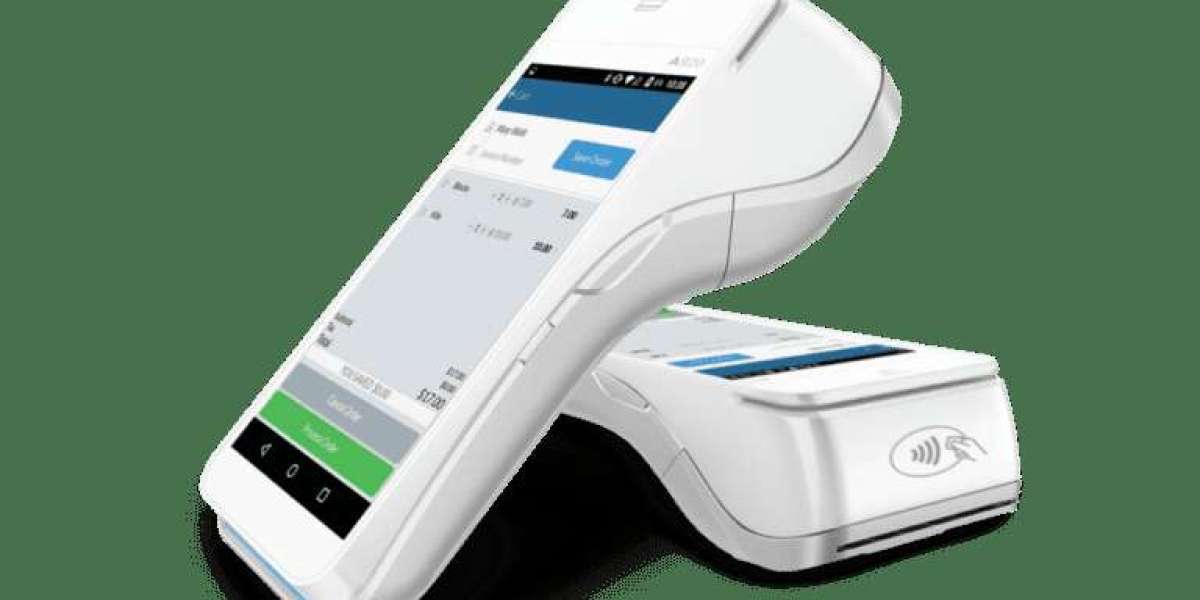Understanding hospital transcription
Hospital transcription is the process of converting dictated recordings by healthcare professionals within hospital settings into written text format. These transcribed documents serve as official records of patient encounters, comprising detailed notes on medical histories, diagnoses, treatments, procedures, and other clinical information. Hospital transcriptionists play a crucial role in ensuring the accuracy, clarity, and completeness of these documents, which are integral to patient care, billing, legal, and research purposes within hospital settings.
The Essential Role of Hospital Transcriptionists
Accuracy and Precision: Hospital transcriptionists are entrusted with the critical task of accurately transcribing medical dictations, ensuring that every detail is captured with precision. From complex medical terminology to nuanced clinical observations, hospital transcriptionists possess the expertise to decipher and translate spoken words into written text accurately.
Compliance and Documentation: Meticulous documentation is not just a best practice but a legal and ethical requirement within hospital settings. Hospital transcriptionists play a vital role in ensuring that patient records adhere to regulatory standards and organizational policies, maintaining compliance with laws such as the Health Insurance Portability and Accountability Act (HIPAA).
Workflow Efficiency: By converting spoken dictations into written text, hospital transcriptionists contribute to streamlining clinical workflows and improving efficiency in hospital settings. Timely and accurate transcription enables healthcare providers to access essential patient information seamlessly, facilitating informed decision-making and continuity of care within the hospital environment.
Quality Assurance: Hospital transcriptionists serve as gatekeepers of quality in healthcare documentation, conducting thorough reviews and edits to ensure the accuracy, consistency, and clarity of transcribed documents. Their attention to detail and commitment to quality assurance are instrumental in maintaining the integrity and reliability of patient records within hospital settings.
Patient Care: The accurate and timely transcription of medical dictations directly impacts patient care and safety within hospital environments. Transcribed documents serve as essential reference materials for healthcare providers, enabling them to communicate effectively, coordinate care, and make informed clinical decisions that ultimately contribute to better patient outcomes within the hospital setting.
Skills and Qualifications of Hospital Transcriptionists
Medical Terminology: A comprehensive understanding of medical terminology, anatomy, and physiology is essential for hospital transcriptionists to accurately transcribe dictations pertaining to various medical specialties and conditions encountered within hospital settings.
Attention to Detail: Hospital transcriptionists must possess keen attention to detail to ensure the accuracy and completeness of transcribed documents, detecting and correcting errors in grammar, spelling, punctuation, and medical terminology within the fast-paced environment of a hospital.
Proficiency in Language and Grammar: Strong language and grammar skills are essential for hospital transcriptionists to effectively communicate complex medical concepts and observations in written form within hospital settings.
Technology Proficiency: Proficiency in transcription software, word processing tools, and electronic health record (EHR) systems specific to hospital environments is crucial for hospital transcriptionists to efficiently transcribe, format, and manage medical documents within hospital settings.
Ethical Standards: Hospital transcriptionists must adhere to strict ethical standards regarding patient confidentiality, privacy, and data security within hospital settings, maintaining the confidentiality of patient information in accordance with HIPAA regulations.
Challenges and Evolving Landscape
Technological Advances: While technological advancements such as speech recognition software have automated aspects of hospital transcription, human intervention remains essential to ensure accuracy and quality within the hospital environment. Hospital transcriptionists must adapt to evolving technologies and acquire new skills to remain relevant in the digital age.
Workforce Shortages: The demand for skilled hospital transcriptionists continues to outpace supply, leading to workforce shortages in some regions. Addressing these shortages requires initiatives to attract and train new talent, as well as support existing professionals through continuing education and professional development opportunities within hospital settings.
Quality Control: Maintaining quality control in hospital transcription is paramount, particularly as the volume and complexity of healthcare documentation continue to increase within hospital environments. Quality assurance measures, such as peer review, ongoing training, and performance evaluations, are essential to uphold standards of accuracy and completeness within hospital settings.
Security Concerns: With the proliferation of electronic health records (EHR) and digital documentation systems within hospital settings, security concerns regarding patient data privacy and confidentiality have become increasingly prevalent. Hospital transcriptionists must adhere to strict protocols and safeguards to protect sensitive patient information from unauthorized access or breaches within hospital settings.
Professional Recognition: Despite their critical role in healthcare documentation, hospital transcriptionists often lack the recognition and visibility afforded to other healthcare professions within hospital settings. Elevating the status of hospital transcriptionists and advocating for their professional recognition can enhance job satisfaction, retention, and opportunities for advancement within hospital settings.
The Future of hospital transcription
As healthcare continues to evolve in the digital age, the role of hospital transcriptionists remains essential in ensuring accurate and comprehensive documentation of patient care within hospital settings. While technological advancements will continue to reshape the landscape of hospital transcription, the human element – with its attention to detail, critical thinking, and expertise – will remain central to the process within hospital environments. By embracing new technologies, acquiring relevant skills, and upholding ethical standards, hospital transcriptionists will continue to play a vital role in supporting quality healthcare delivery and patient outcomes within hospital settings.
In conclusion, hospital transcriptionists are the unsung heroes of healthcare documentation within hospital settings, translating spoken words into written records with precision and accuracy. Their role in ensuring the integrity, compliance, and efficiency of medical documentation within hospital environments cannot be overstated. As healthcare continues to evolve, hospital transcriptionists will remain essential partners in charting care and advancing patient outcomes within hospital settings. It is through their dedication, expertise, and commitment to excellence that the voice of healthcare within hospitals is transformed into the text that shapes the future of medicine.


![Electric Coolant Pumps Market Size, Share, Trends and Forecast [2032]](https://www.vevioz.com/upload/photos/2024/04/PlkUPFaZCS6aUHBEBMyq_17_60353bacae709d7f36fe9000f2eb645c_image.jpg)
